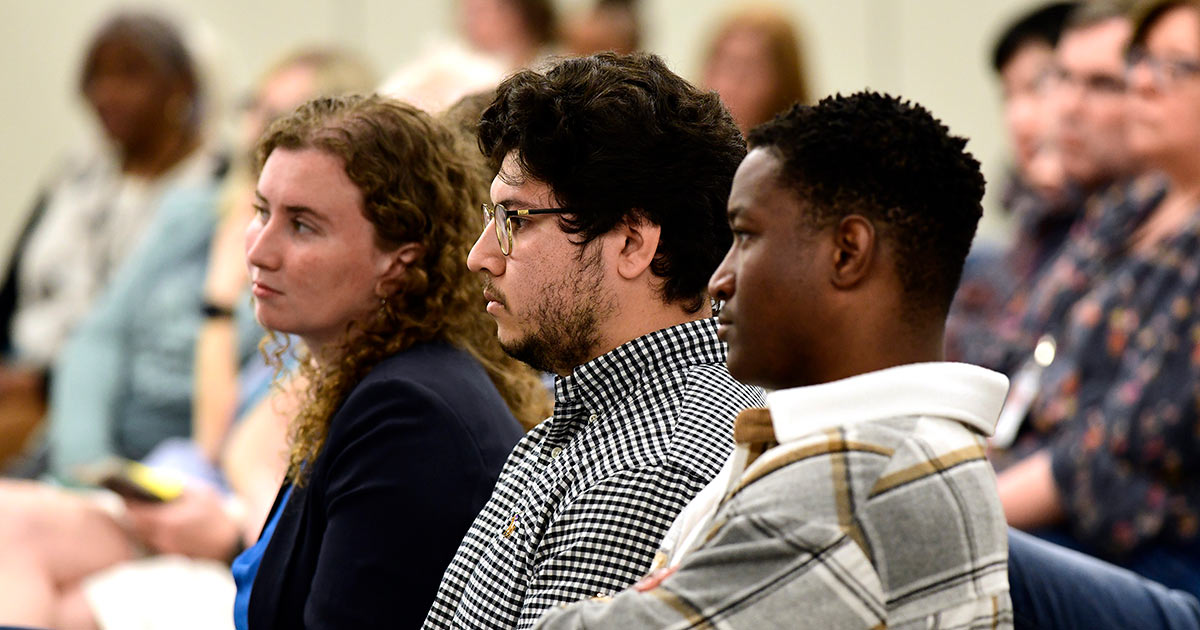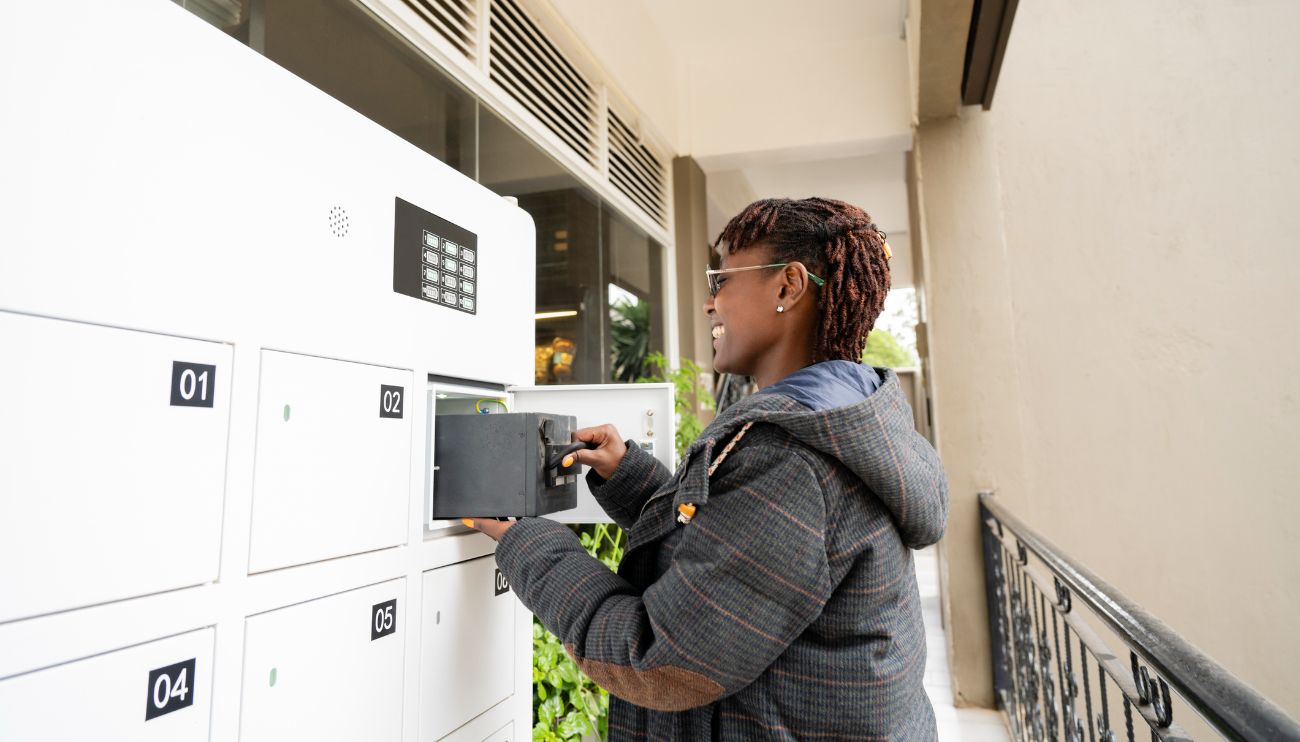The NIEHS Three-Minute Communication Challenge gave 12 young scholars an opportunity to discuss research projects they completed during their postbaccalaureate (postbac) fellowships. The April 25 gathering also tested their abilities to comport themselves in front of an audience and present their message clearly, concisely, and within a designated time limit.
Rules of the annual contest require participants to describe their research, explain its broader impact on society, and relate how they have personally benefitted from the training.
“The ability to communicate effectively is an essential skill for scientists of any level,” said Katherine Hamilton, postbac program manager for the Office of Fellows’ Career Development (OFCD). “We want to give our fellows the opportunity to develop that talent to better serve themselves and the public as they advance in their careers.”
Confronting the challenge
Aman Kapoor, a fellow in the Epigenetics and RNA Biology Laboratory, claimed Best Presentation honors and a $1,500 travel award to further his scientific training. He described how endocrine-disrupting chemicals like bisphenol A (BPA), commonly used in plastic production, interfere with gene regulation at the molecular level to promote breast cancer. He also discussed how these research findings may spur development of new screening methods to determine the cancer-causing potential of chemicals.

Kapoor found the science to be exciting, but the assignment to describe it briefly and in simple terms proved to be daunting.
“My research involves so much scientific jargon and complicated processes that I originally found it nearly impossible to meet the challenge requirements,” he said. “But the experience showed me that it just requires the right amount of effort and preparation.”
That preparation included a review of past challenge presentations, development of multiple drafts, and numerous rehearsals, alone and in front of family. Kapoor especially emphasized the support of his mentors, Joseph Rodriguez, Ph.D., and Krystal A. Orlando, Ph.D., who reviewed his progress and provided feedback throughout the process.
Multiple sources of training
Mentors and staff scientists assume the primary role in developing fellows’ communications skills, but they are not the only source of support. The OFCD offers several resources, including an archive of past presentations, and can connect trainees with public speaking experts.
Fellows help one another as well. Although the event is a competition, the participants assist their peers throughout the process and offer encouragement during the presentation. According to Hamilton, postdoctoral fellows, who completed their own Three-Minute Challenge in March, attended to lend support and enhanced the sense of community.
Carrying the lessons forward
Participants expressed confidence that the experience would benefit them as they moved on to present their science to a larger community.
Kapoor, who plans to attend medical school in the fall, said he believes the lessons learned at NIEHS will help him better organize and communicate information to patients in a clinical setting.
“The Challenge really teaches you how to explain your science clearly and without excessive jargon,” added Bryan Ochoa, a fellow in the Neurobiology Laboratory. “If we can’t communicate effectively to general audiences then we do a disservice to everyone.”
(Douglas Murphy, Ph.D., is a technical writer-editor in the NIEHS Office of Communications and Public Liaison.)
Source link
factor.niehs.nih.gov


